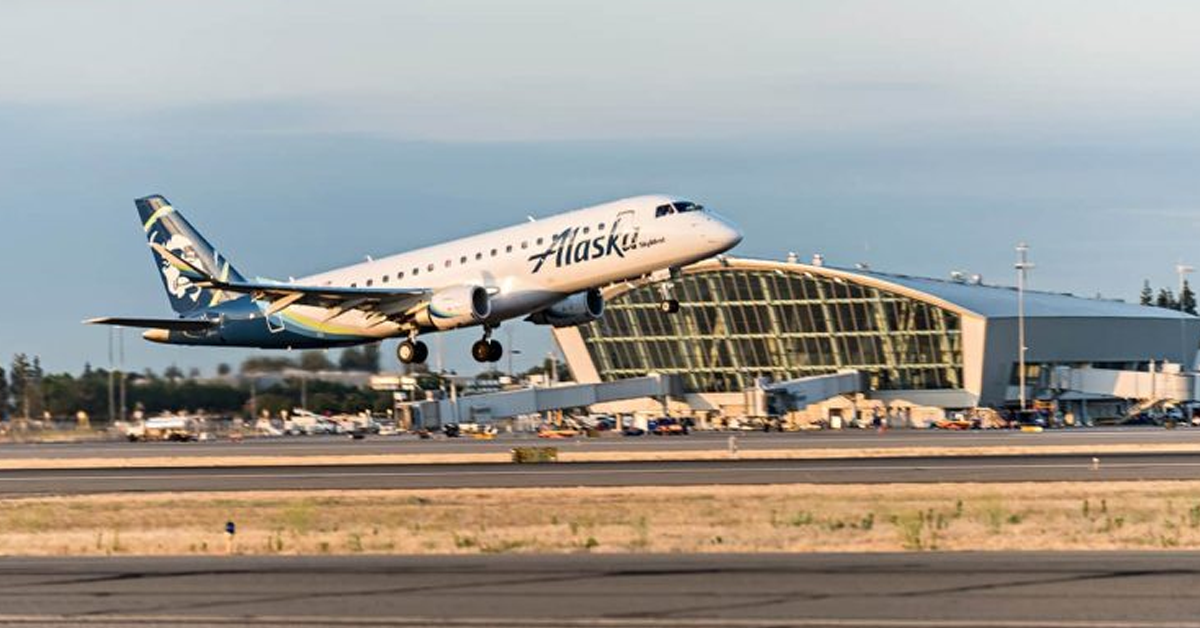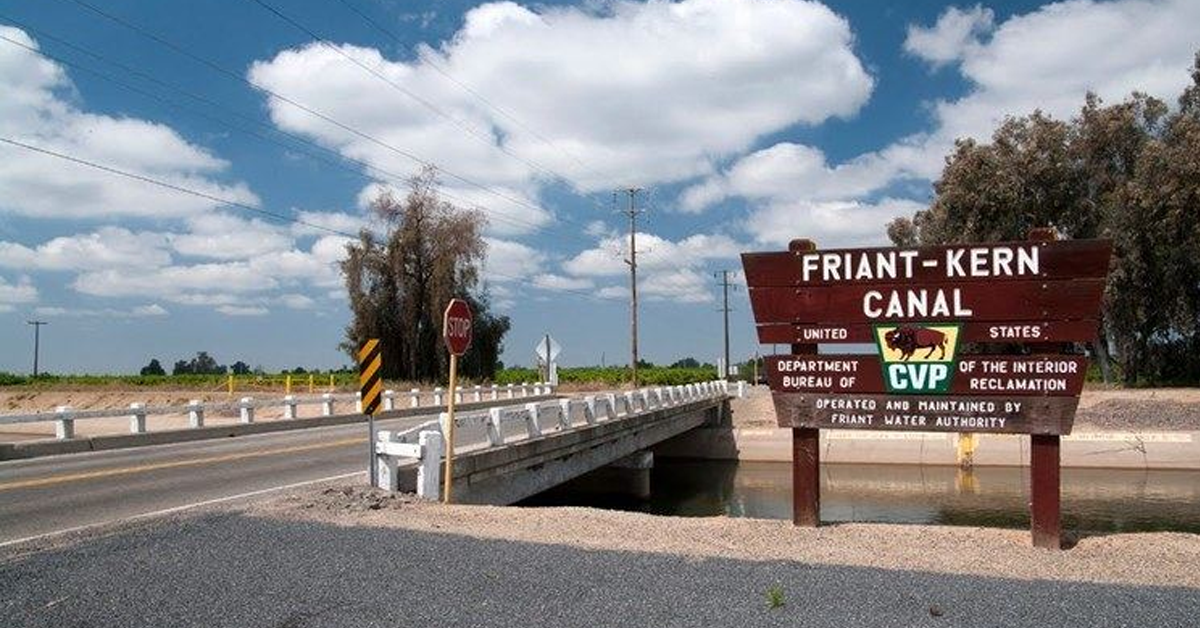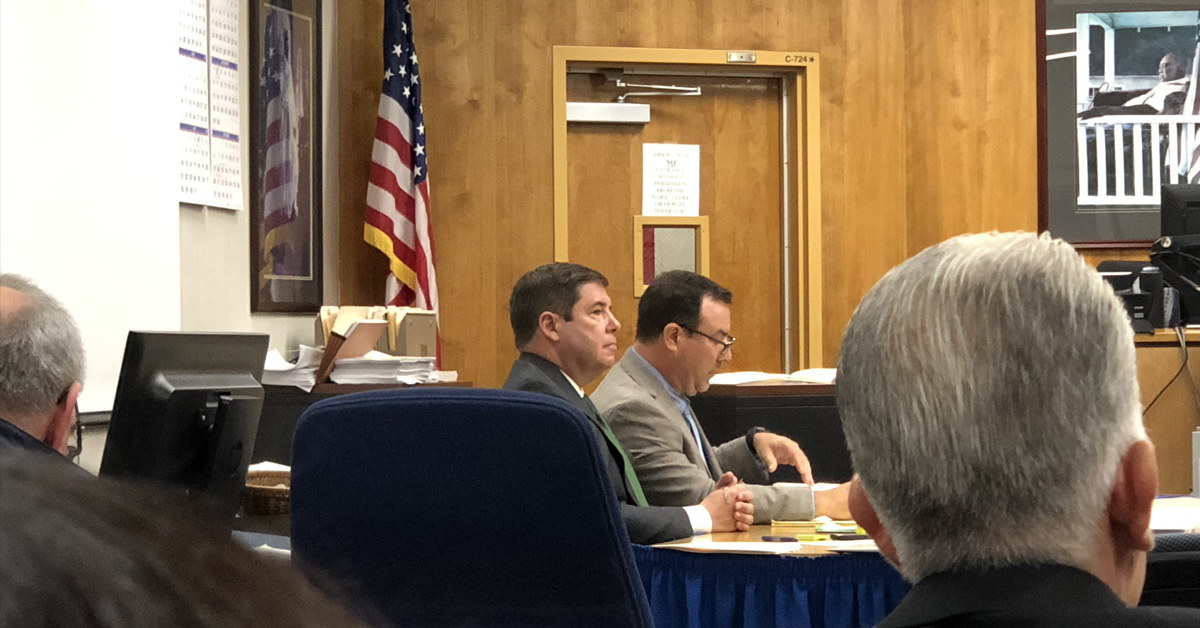The Hotel Fresno saga is taking yet another turn.
The plan now is to turn the huge shell of a building into 100% affordable housing.
I wish I knew how we got to this state of affairs. Previous dreams were much different and, to be frank, much grander.
The City Council last month had the perfect opportunity to explain everything to a city whose half-million residents have been on the receiving end of a lot of Hotel Fresno rehabilitation promises. Instead, the council sprinted through a major revision of the complex Hotel Fresno deal involving millions in taxpayer funds with nary a word about what’s really going on.
I don’t think there’s anything controversial to hide. I think City Hall is embarrassed.
The council on Sept. 27, acting as governing board of the Successor Agency to the old Redevelopment Agency, was asked to consider an amendment to the contract with APEC International, Hotel Fresno’s latest developer.
A report to the council from Successor Agency Executive Director Marlene Murphey was posted on the City Clerk’s webisite.
Murphey wrote: “Consider proposed amendment to the restated and amended owner participation agreement regarding the Hotel Fresno.”
That’s it. Typically, such a report is several pages of expert analysis. It is designed not just for council consumption but for the taxpayer’s consumption, as well. The meat of this particular report consists of 15 words.
The City Clerk’s website includes a handful of attachments with more detail. But the attachments are full of legalese. A summation of everything for the average taxpayer’s benefit? Again, nary a word.
We all know the context here. Hotel Fresno, built in 1913, was once the grandest hotel between San Francisco and Los Angeles. Gary Cooper, Jack Dempsey and Joe Louis were among its guests. The building began falling on hard times at about the same time as the rest of Downtown. It’s been vacant for more than 30 years.
The building used to be at the intersection of Broadway and Merced Street. It now sits on something called Broadway Plaza. No one moved the building. The move of Highway 99 in the 1950s to the west (thus eliminating Broadway as that highway through town) and the restructuring of Downtown’s road system during the Victor Gruen Era (mid-1960s) started the process of isolating Hotel Fresno within Downtown’s footprint. More changes over the decades sealed the building’s lonely fate.
If the three most important deal points in real estate are location, location, location, then the Hotel Fresno building in the 21st century fails three times.
But the fact remains that the building, seemingly on the road to demolition through neglect, could be a vital piece of Downtown revitalization. It stands seven stories high. It sits toward the north end of Fulton Corridor, recently reopened to vehicular traffic. It would sit cheek-by-jowl with the high-speed rail station if the bullet train ever becomes a reality.
So, who is to rehabilitate the Hotel Fresno building, not just talk about it? And what is the building to become in light of City Hall’s broader vision for a revitalized Downtown that is the center of Central Valley entertainment/culture?
To cut to the chase, a Southern California-based development company called APEC International emerged in 2014 as the latest savior of the building. APEC’s plan initially was to turn the building into a mixed-use affair. That meant some retail on the ground level, with most of the building devoted to 79 residential units of various sizes.
Forty units were to be affordable housing apartments. That means income-challenged renters. One unit was for the on-site manager. That left 38 units to be leased at market rates.
The market-rate housing was extremely important to City Hall. Downtown revitalization dreams won’t come true unless there’s lots of housing full of people with the discretionary income to support the kinds of businesses that make a regional commercial district dynamic.
I wrote about APEC’s efforts to secure financing for what was then a $24.3 million project for CVObserver in October 2016. The project’s price tag when APEC first entered the scene was about $21 million. The financing package in 2016 was complex. But the deal depended largely on taxpayer generosity in terms of subsidies and tax credits.
The Hotel Fresno building remains vacant. Which brings us back to the Sept. 27 meeting where the City Council sat as the Successor Agency board.
The Successor Agency’s Murphey spoke so fast that I couldn’t understand what was going on. My unprofessional perusal of the City Clerk website attachments suggests this is going on:
- The owner participation agreement is amended to permit “all Units … of the Hotel Fresno project to be Affordable Units provided, however, that the Affordable Units permitted must be designated for persons and families of incomes ranging from 30% to 80% of area median income….”
- The Successor Agency has already advanced $851,300 of its promised $1.9 million loan to APEC.
- The Successor Agency, figuring it needs additional security for this advance, wants APEC to transfer the deed to a nearby parking lot to the Agency. This lot is sometimes called the “Kidney Lot.” (Was the Kidney Lot at one time the property of the RDA/Successor Agency? Wish I knew. Also, it appears from the attachments that the Successor Agency would deed the Kidney lot back to APEC if the project ever gets up and running as planned.)
- The Owner Partnership Agreement says: “The Agency hereby permits Owner and APEC affiliates to utilize 4% tax credits (along with other sources) for the Hotel Fresno project. The Agency shall not require Owner to obtain 9% tax credits, provided that all terms and conditions of this Amendment are met.” Again, I wish the council had enlightened the public as to what this means.
- APEC has been given new deadlines: Dec. 31, 2018 to secure all funding; June 30, 2019 to obtain construction permits; July 31, 2020 to obtain occupancy permit.
The attachments estimate that the Hotel Fresno project will now cost $26.9 million; the 78 units will generate $640,620 a year in rents; the 78 units will receive $299,136 in rental subsidies. There will be 24 one-bedroom units, 15 lofts, 27 two-bedroom units and 12 three-bedroom units for renters. The manager unit is two bedrooms.
The five-minute hearing on the APEC agreement ended with Council President Esmeralda Soria and Council Member Steve Brandau asking the Administration for an update on the Hotel Fresno project at the end of December.
I contacted City Hall Communications Director Mark Standriff last week. Mayor Lee Brand, when he represented District 6 on the council dais, was a stickler for full and easily accessible disclosure of Hotel Fresno project details. In light of the Mayor’s track record, the Sept. 27 hearing’s paucity of context and analysis struck me as odd.
Standriff said the Mayor was unavailable for comment. Standriff did send along a text message with a quote from City Manager Wilma Quan-Schecter: “In its current condition, the building is an eyesore so any renovation plan is an improvement.”
Fair point, City Manager. But what Fresno really needs for the Hotel Fresno building is a renovation plan that actually gets done.
That, and some “sunshine” as to what’s going on.









Great article, George. You seem to be the only reporter covering these very complex and important issues for our city. I appreciate your highlighting the lack of not only transparency (not necessarily purposefully) but understand-ability. The issues are esoteric and complicated. The city should be making an effort to translate planning issues into something the ordinary citizen can understand. I would really appreciate a page on the city website devoted to current planning issues, with a current calendar of projects to be discussed and voted on. Thank goodness you make this part of your beat, because the average person shouldn’t have to drive down to city hall, find a parking space, feed the meter and read the bulletin boards if they have interest in these issues. Thanks again.
Thank you for bringing this to our attention George. While it personally saddens me that the hotel will no longer have retail/office available on the first floor and will no longer be a mix of market rate and affordable, from a historic preservation perspective I’m just happy that the hotel will finally be renovated and no longer in danger of demolition, further deterioration, or considered an “eye sore”.